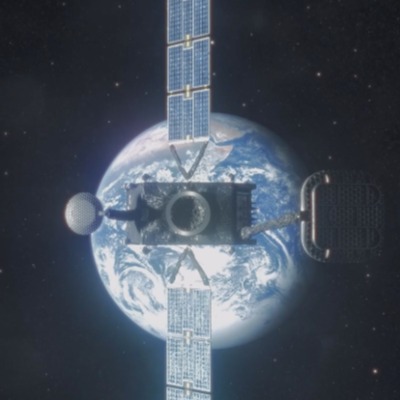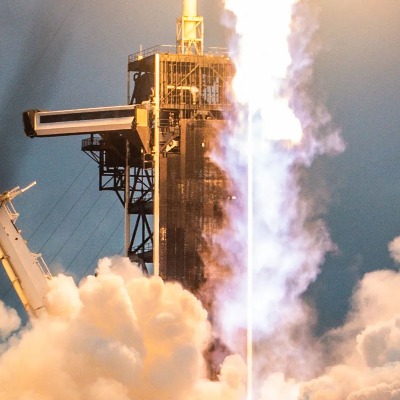Japan Loses Contact With Akatsuki Venus Probe

A somber mood hangs over the Japan Aerospace Exploration Agency (JAXA) after they lost contact with their Akatsuki Venus climate orbiter late last month. The spacecraft, affectionately nicknamed "Venus Climate Orbiter," had been diligently studying the Venusian atmosphere for over a decade, making it humanity's only active probe at the scorching planet.
JAXA first announced they were having trouble communicating with Akatsuki on May 29th. The probe, which entered orbit around Venus in 2015 after a dramatic second attempt, had been experiencing issues with its attitude control system. These issues appear to have worsened, leading to a complete loss of communication.
"We are deeply disappointed by the loss of contact with Akatsuki," said Dr. Takeshi Nakamura, Akatsuki project manager at JAXA, in a press conference today. "The probe has made significant contributions to our understanding of Venus's atmosphere, and its data will continue to be a valuable resource for years to come."
Akatsuki's journey to Venus was fraught with challenges. Its initial launch in 2010 failed to achieve orbit insertion, leaving the probe stranded in a useless trajectory around the Sun. However, in a remarkable feat of engineering, JAXA managed to use a gravity assist maneuver five years later to slingshot Akatsuki back towards Venus, finally achieving a stable orbit in 2015.
Despite the initial setback, Akatsuki thrived in its second chance. The probe carried five scientific instruments designed to study the Venusian atmosphere, a region of intense heat and pressure shrouded in thick clouds. Akatsuki's observations provided crucial data on Venus's atmospheric circulation, cloud composition, and ultraviolet radiation.
"Akatsuki's data has been instrumental in revolutionizing our understanding of Venus," explained Dr. Elena Vargas, a Venusian atmospheric scientist unaffiliated with JAXA. "The probe's observations have challenged previous assumptions about the planet and opened up new avenues for research."
JAXA engineers are currently analyzing data to determine the exact cause of the communication loss. While the probe is likely lost, the scientific legacy of Akatsuki lives on. The data it collected over the past decade will continue to be analyzed by researchers around the world, shaping our understanding of Earth's closest scorching neighbor.
The loss of Akatsuki leaves a gap in our ongoing exploration of Venus. However, JAXA and other space agencies are already planning future missions to the enigmatic planet. The legacy of Akatsuki, a testament to perseverance and scientific curiosity, will undoubtedly inspire these future endeavors.




